The Chinese car market is on the verge of collapse because of the inflexibility of Beijing
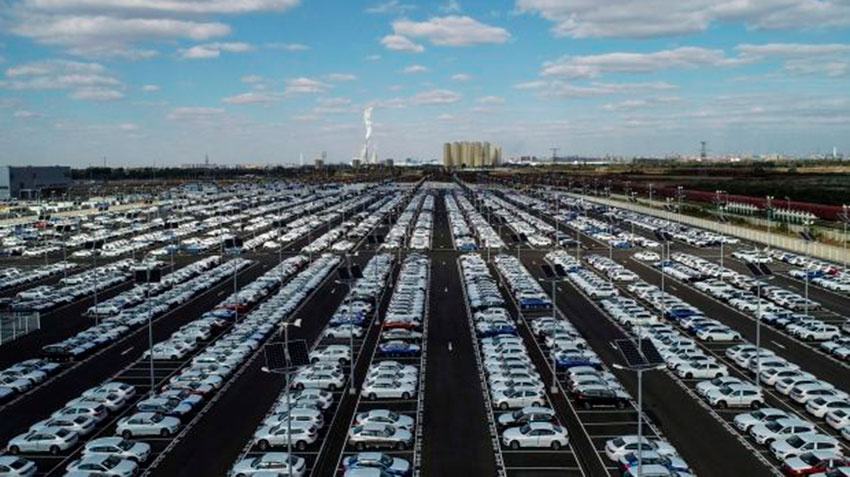
16 November 2018
Sales of passenger cars in China fell in October by 12 percent
the Reduction in sales of cars in China has led to the fact that the largest automobile market in the world stood on the brink of collapse, which was observed already in 1990 (when the whole car market of China was not reached and third million cars per year).
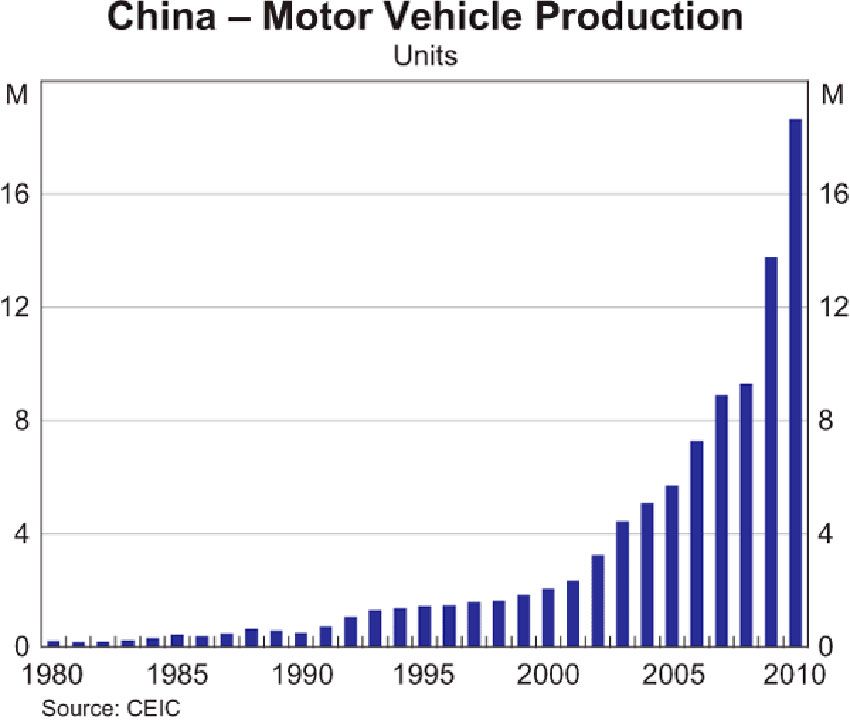
This chart shows how explosively developed in the 2000s, the car industry (and market) of China, by the way, just after the resolution of private car ownership. Continued growth in the automotive sector and in the 2010s, when it became the engine of growth for the whole economy of the PRC. So now the expert community is so sensitive to the slightest decline in the development of the automotive market, predicting the beginning of a recession for the entire economy of China
the Data of China Association of Automobile manufacturers (CAAM) showed a 10-month cumulative sales slump, amid a massive economic slowdown the escalating trade war between China and the United States.According to LAPP, the total volume of sales of cars in January-October 2018 totaled 22.87 million, which is 0.1% less than in the same period last year. Directly in October sales amounted to 2.38 million, which was the fourth month of falling sales in a row, and therefore the most severe downturn since the beginning of 2012.
Deputy Secretary General of CAAM Mr. Yao Jie said in the magazine interview Automotive News of China: "the Maintenance of positive growth before year-end will be difficult, it may be negative growth." The head of Shanghai consulting company Automotive Foresight, Mr. Yale Zhang also said that the October fall meet expectations, but proved to be too strong to assume that soon everything will return to normal. He added that: "Until the end of the year doesn't look good because of the weakness in the market and the high comparative base last year." He also added that to boost sales the necessary effort the producers themselves: "If OEMs refuse to take decisive action to rescue the market, annual sales volumes can be very bad."
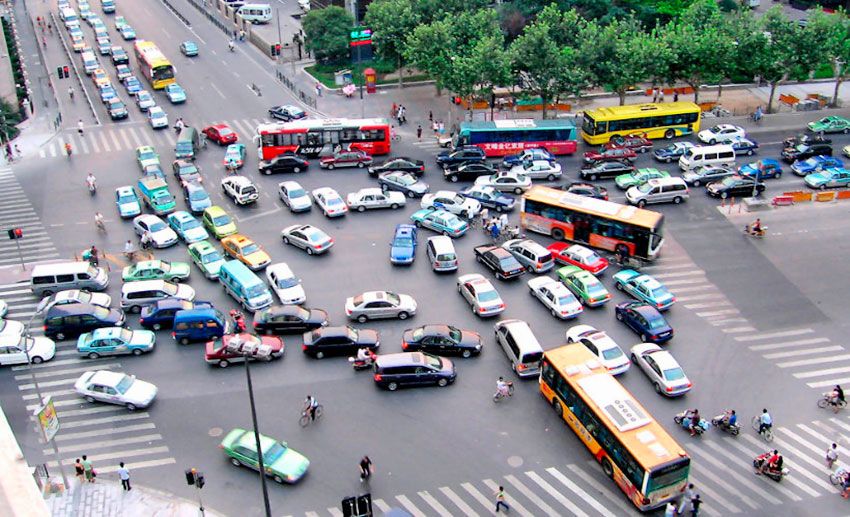
Car owners in China pay for everything – getting in response is a big traffic, no Parking places to win the lottery, license plates
IN LAPP said that the drop is due to sluggish consumer demand and the impact of the slowing economy. In the previous month, CAAM also argued that the decline in sales has affected U.S.-China trade war.Global automakers from General Motors to Toyota Motor Corp. I am now in the conditions of tough competition and in a time when they are increasingly looking at China as the engine of growth of its sales, here begins the decline.
China's automobile market overall also is the largest employer, a driver of economic growth and the barometer of consumer expectations in segments of the acquisition of durable goods.
Dealers China louder speak in the spirit of that, Beijing has helped maintain the growth so important to the country's market, including offering the authorities to reduce the level of purchase tax on certain categories of compact models at least twice. Journalistic investigations show that some Chinese dealers have now to maintain sales offer customers a fairly large discount.
Another senior functionary of CAAM Mr. Shi Jianhua added that the dealers do not consider effective to support the market short-term incentives and would prefer that the policy stimulus has been more long-term.
Originally CAAM predicted this year's 3% increase in registrations compared to the previous year, although they were significantly below the 14 percent growth in 2016.
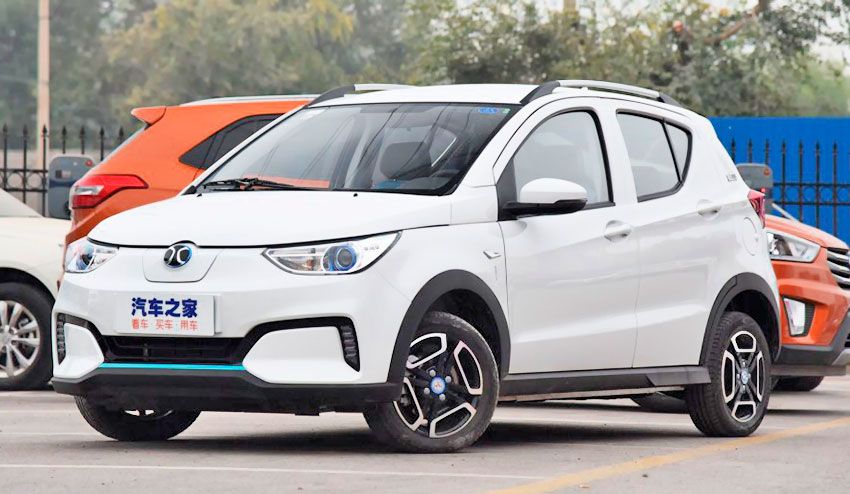
The most popular electric car, China – BAIC EC-series price of about $22 000 can carry 4 persons at a distance of 200 km
The only positive fact is the continued rapid growth of sales of so-called "new-energy vehicles" (NEV) category, including rechargeable hybrids (PHEV) and pure electric vehicles (BEV), which showed an increase of 51% compared to the previous month (120 thousand). NEV sales for the first 10 months of this year increased to 860 thousand cars, which is 76% higher than the same period last year.A bestseller in the segment of BEV in October became BAIC EC-series – 20 648 units.PS Inflexible policy of the tax authorities of Beijing is now being highly criticized a number of experts, for example, especially freaks them out to preserve the same for all categories of passenger cars, 10 percent "tax on purchase of vehicle", i.e. a kind of "car VAT", which were acceptable in the boom period in the automotive market (as on vehicles with engines below 1.6 liters, this tax was reduced to 5 percent in the period from 2009 to 2016), but absolutely intolerable in the face of slowing growth in the national economy, trade wars, and as a consequence the beginning of the crisis of sales in the national market. They claim that cars will be the first to fall under the "belt-tightening" by consumers, who bear the huge additional costs when buying a new car (the usual VAT and other taxes the purchase, plus the import duty when buying imported car, expensive and super-expensive registration number in the main Metropolitan areas of the country), and additionally spent in the operation of the machine, including the tax on movable property, the costs of Parking near the house (the majority even of new housing in China their Parking spaces does not have), not to mention petrol, maintenance and so on.
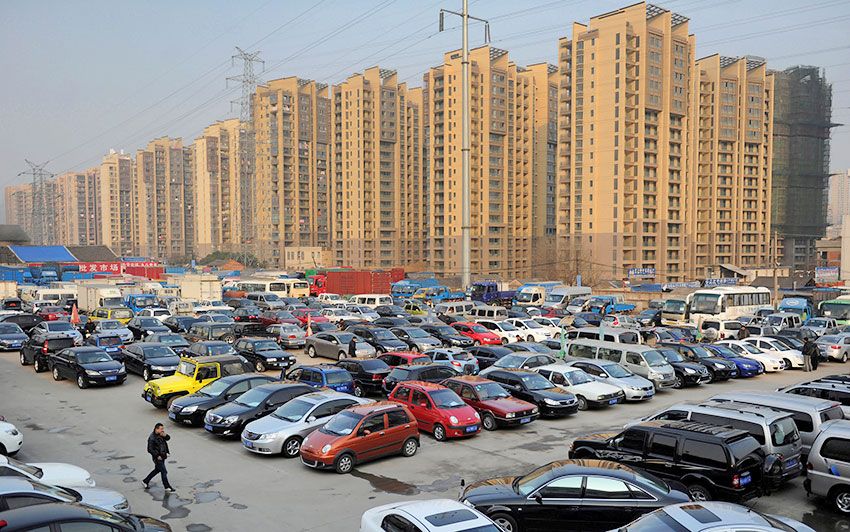
Parking in China is often not even envisaged in the new development, so the owners have to pay annually several thousand yuan and also for Parking your car
.
|
|
|
Element was not found.








